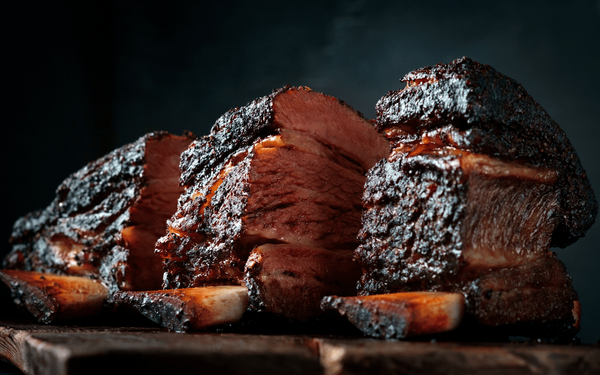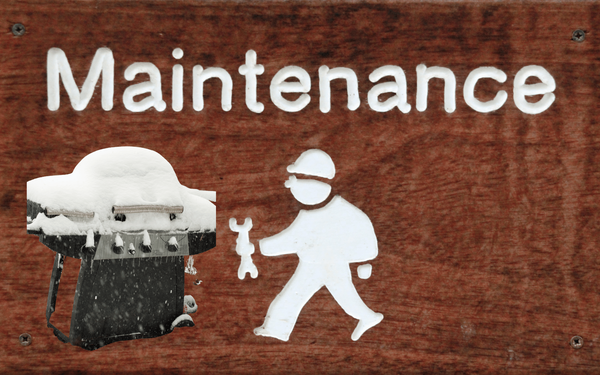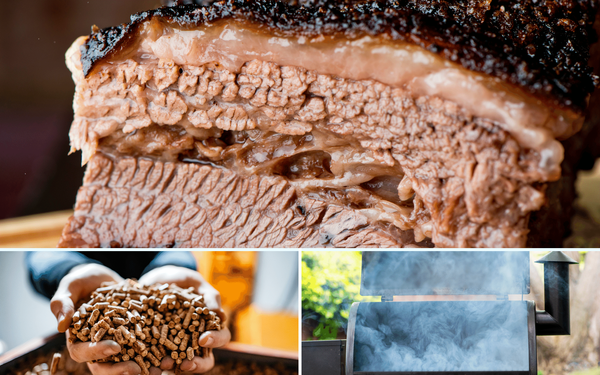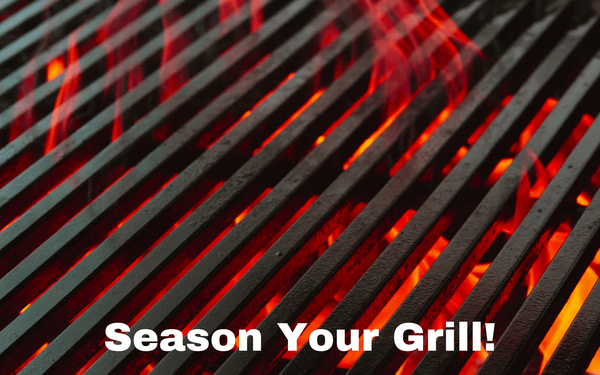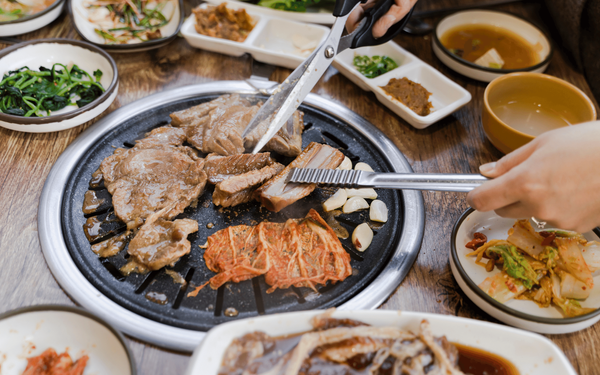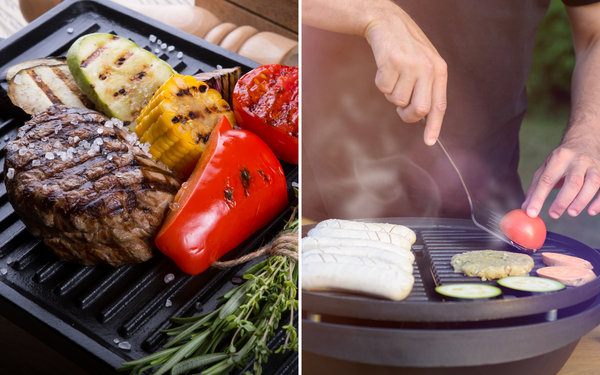When it comes to cleaning your grill, you have a few different options. You can use a scraper or even just a cloth, but if you really want to get the job done right, the best option is undoubtedly a grill brush.
Grill brushes are made of different materials and come in all shapes and sizes, so it can be tough to know which one is right for you. That's why we've put together this quick read, which is a handy guide to help you make the right decision for purchasing your next grill brush we've even included steps you can follow to clean your grill with one!
Types of Grill Cleaning Brushes
Cleaning your grill cooking surfaces is important for the longevity of your grill as it reduces rust and the build-up of food particles and carbon, and also assists with optimized food taste and hygiene.
When it comes to grill cleaning brushes, we recommend you consider the following:
Materials
- Stainless-steel brush: These are the most common type of grill brush. They have steel bristles that can get deep into the grill grates and clean off stubborn grease and food particles, but they can damage porcelain-coated and cast-iron grates by scratching the surface and damaging the finish. While with a good quality wire brush it's low risk, you do need to watch out for wires breaking off and ending up in your food (and therefore inside you) the next time you cook.
- Nylon brush: This is a softer option if you don't want to use a wire brush on your grill. Nylon bristles won't scratch or damage the grill grates so are a great option for porcelain-coated grates, but they may not be as effective for getting rid of tough stains as wire brushes.
- Brass brush: Brass is another great option that's softer than metal or steel so it's less likely to damage your grill and they do clean well, but again, there is a small chance that some brass can break off the brush and end up in your food. Also, brass brushes don't typically last as long as steel or stainless-steel brushes.
- Stainless-steel bristle-free brush: These brushes are a great middle ground, of good longevity being made out of stainless-steel, being bristle-free they won't leave bristles on grates that might end up in your food, and if not scrubbing too hard they can be used on porcelain-coated or cast-iron grates too. They aren't always as effective as a stainless-steel brush with bristles, but they're pretty close.
- Scraper integrated with a brush: While not a grill brush as such, a number of brushes nowadays have a scraper integrated into them, which is good as they can be used to scrape off burnt-on food and residue from grill grates before using the brush part.
Construction
- Handle length: If you have a larger unit and you clean it under heat (or right after using the grill), then you'll want a longer handle so you don't burn your hand or singe your arm hairs!
- Hard-wired as opposed to glued: Be sure to stay away from brushes that have the bristles glued onto the head, as they will snap off a lot quicker than bristles that are hard-wired in.
- Heat resistance: Look for a brush that's heat resistant to ensure it stands up to repeated use, particularly if you're cleaning right after you've cooked, or you heat your grill up before cleaning it (which we do recommend).
- Replaceable heads: We are in a world where nothing seems to last forever, so you will be replacing your grill brushes. Consider a brush with replaceable heads.
Shape
Grill brushes are typically square or rectangle, and some are triangle too; however, increasingly we see round, 360-degree pipe cleaner-type brushes and round bristle-free brushes on the market too (both pretty good options).
Most shaped brushes can get into the nooks and crannies of your grill grates well, although the round, bristle-free options are a little restricted in that regard, however, they have the advantage of not shedding bristles which is safer for you as the consumer.
How To Clean Your Grill with a Grill Brush
Cleaning your grill with a grill brush is easy! Just follow these simple steps:
Step 1: Preheat your grill
Before you begin cleaning, we recommend you preheat the grill as this will help loosen up any caked-on food particles and grease, making it easier to remove them with a grill brush.
Step 2: Apply heat-resistant spray or some oil
If you have caked-on residue on your grill grates, you can spray it with some heat-resistant cooking oil or grill cleaner, or use a paper towel to apply some. This will help break down the grease and debris, making it much easier to remove when you use the grill brush.
Step 3: Scrub grill grates with your grill brush
Once the grill is preheated and sprayed, you can start scrubbing. Use a back-and-forth motion to get rid of any remaining food particles and grease. Make sure to work your way in between the grates on your grill, and also where you can reach around the edges. Don't over-scrub porcelain-coated grill grates, especially if you're using a stainless-steel brush as you don't want to damage the coating.
Step 4: Wipe down grill grates
After you're done scrubbing, use a soft cloth or paper towel to wipe away any leftover residue from the grill grates. Then, apply a thin and even layer of oil to your grill grates to keep them seasoned and protected.
Step 5: Put grill cover on
Finally, once you're done cleaning your grill and it's cooled down, make sure to put the grill cover back on. This will help keep the grill clean and protected from the elements while not in use.
To Sum Up
When it comes to grill cleaning, nothing beats a grill brush! There are various types available on the market today and in this quick read, we've provided you with some top tips to ensure you're well-informed for your next purchase. We also provided some simple steps for using one to clean your grill, so you're now good to go!
Happy grilling and thanks for reading!



